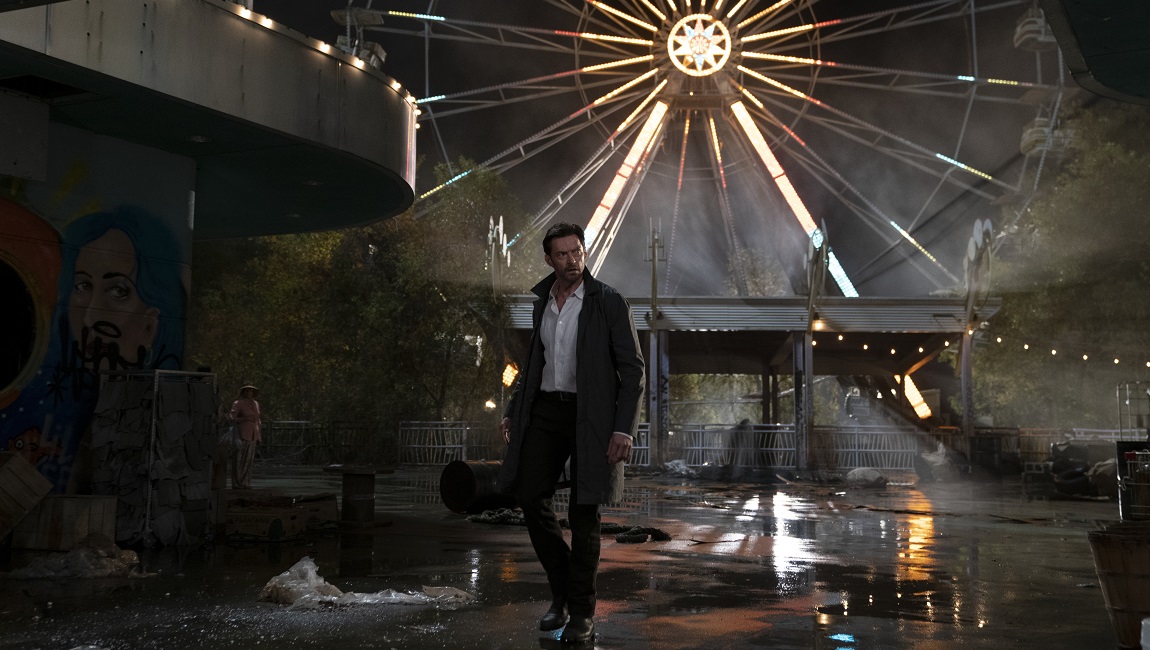After his disappointing 2021 film The Restless, a film in which a story of an artist’s manic episodes mostly provided an opportunity for actorly histrionics, Belgian director Joachim Lafosse returns with A Silence, a remarkably muted film about a topic that is more typically treated with lurid sensationalism. As Guy Lodge mentions in his Variety review, A Silence is likely to play quite differently in Belgium, where the film’s subject is no secret at all. This is a thinly veiled fictionalization of the case of Victor Hissel, a high-profile lawyer who was convicted of possessing child pornography while legally representing the parents of two little girls who were victims of a serial rapist and murderer. As A Silence demonstrates, the attorney’s involvement with the case allowed him to hide in plain sight, since he claimed that his computer files of images of child exploitation were simply “research.”
François, the attorney, played by the great Daniel Auteuil, is such a studied paragon of righteousness that it’s difficult not to suspect he is hiding something. A Silence is likely to prove a divisive film, since it initially plays coy with its audience. Based on the title alone, we expect there is some hidden truth that will eventually be revealed, and in the first 20 minutes, the allusions of this unknown bit of information can get irritating, as the characters — especially Astrid, François’ loyal wife played by Emmanuelle Devos — seem rather obviously to be playing cat and mouse with the audience. However, as the film progresses, this decision appears to be rather strategic. Before long, Lafosse reveals that contrary to what one might expect, the secret in question is a somewhat open one. Almost everyone in the family knows about the patriarch’s predilections, apart from his teenage son Raphael (Matthieu Galoux). What we learn is that Raphael’s own mental health has been compromised by François’ addiction, that the son has inherited the sins of the father to a profound, heartbreaking degree.
While speaking to the media about the serial killer case, François rails against the French legal system, claiming that it is rigged to protect the powerful and prevent victims from attaining justice. Lafosse demonstrates both the irony and the hypocrisy of François’ claims. Most viewers, for whom pedophilia is the worst possible transgression, are likely to find A Silence frustrating. The director puts the pieces in place for a standard legal procedural, but delivers something very different. Like many of Lafosse’s best films — Private Property (2006) and Our Children (2012) in particular — A Silence is a pitiless vivisection of a broken family, showing how people are capable of justifying the most egregious behaviors by convincing themselves that they are protecting those they love.
If there is one character who represents the viewer’s demand for justice, it’s the lead investigator (Larisa Faber) who pleads with Astrid to help her convict François. As we see, the detective’s efforts are largely thwarted. Again, this is part of the unsettling power of Lafosse’s film. As Astrid, Devos offers an affecting portrait of suppression and forced decorum, the tremulous mien of someone struggling to make unfathomable horror appear normal. Once we learn about François’ past and present behavior, we think we understand who the monster is. But it takes an entire network of enablers to allow evil to persist, and A Silence is an agonizing demonstration of the consequences of self-delusion.
Published as part of San Sebastián Film Festival 2023: Dispatch 2.







